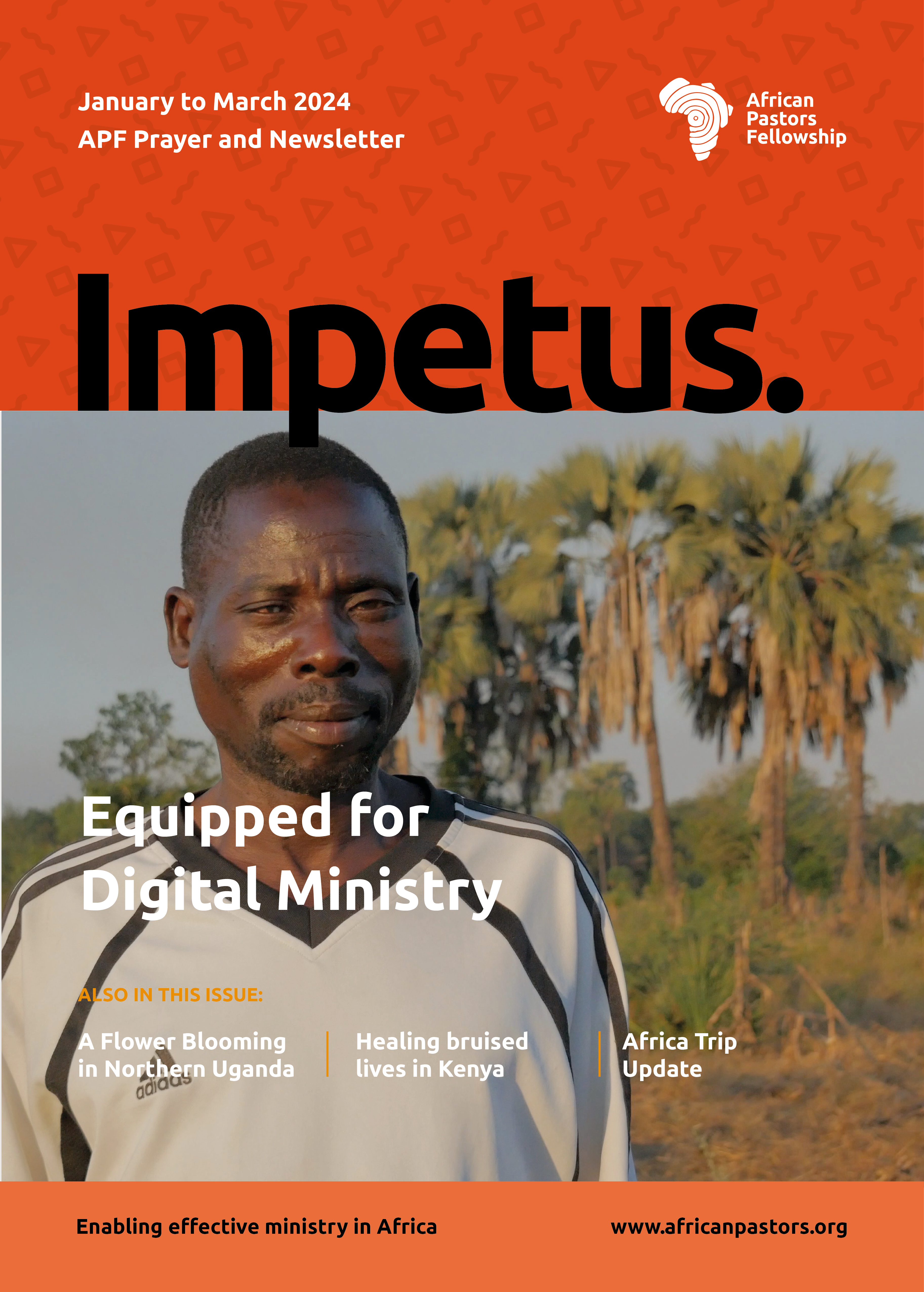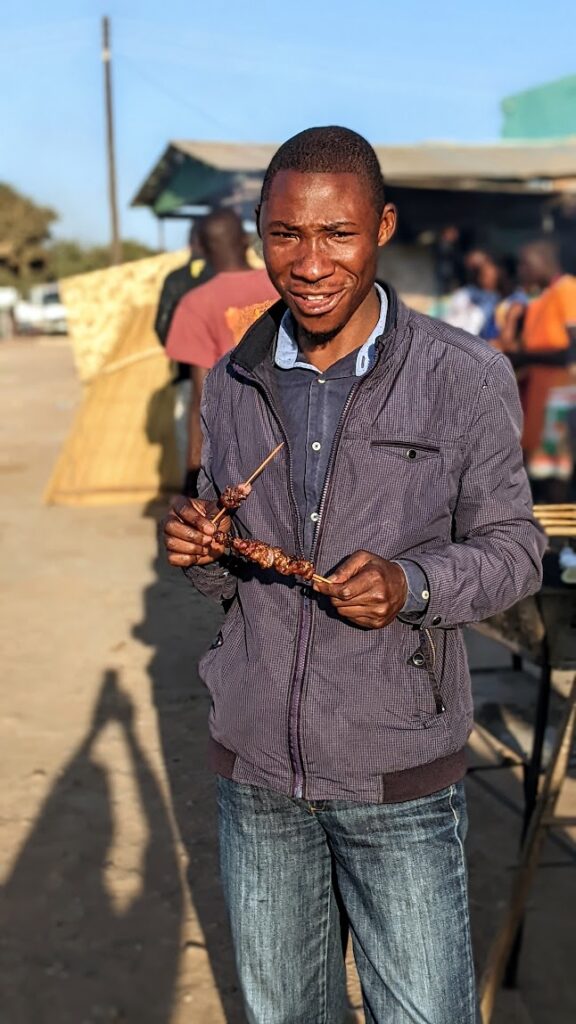
News from Malawi, South Sudan, Rwanda, Zambia and Tanzania.
Malawi
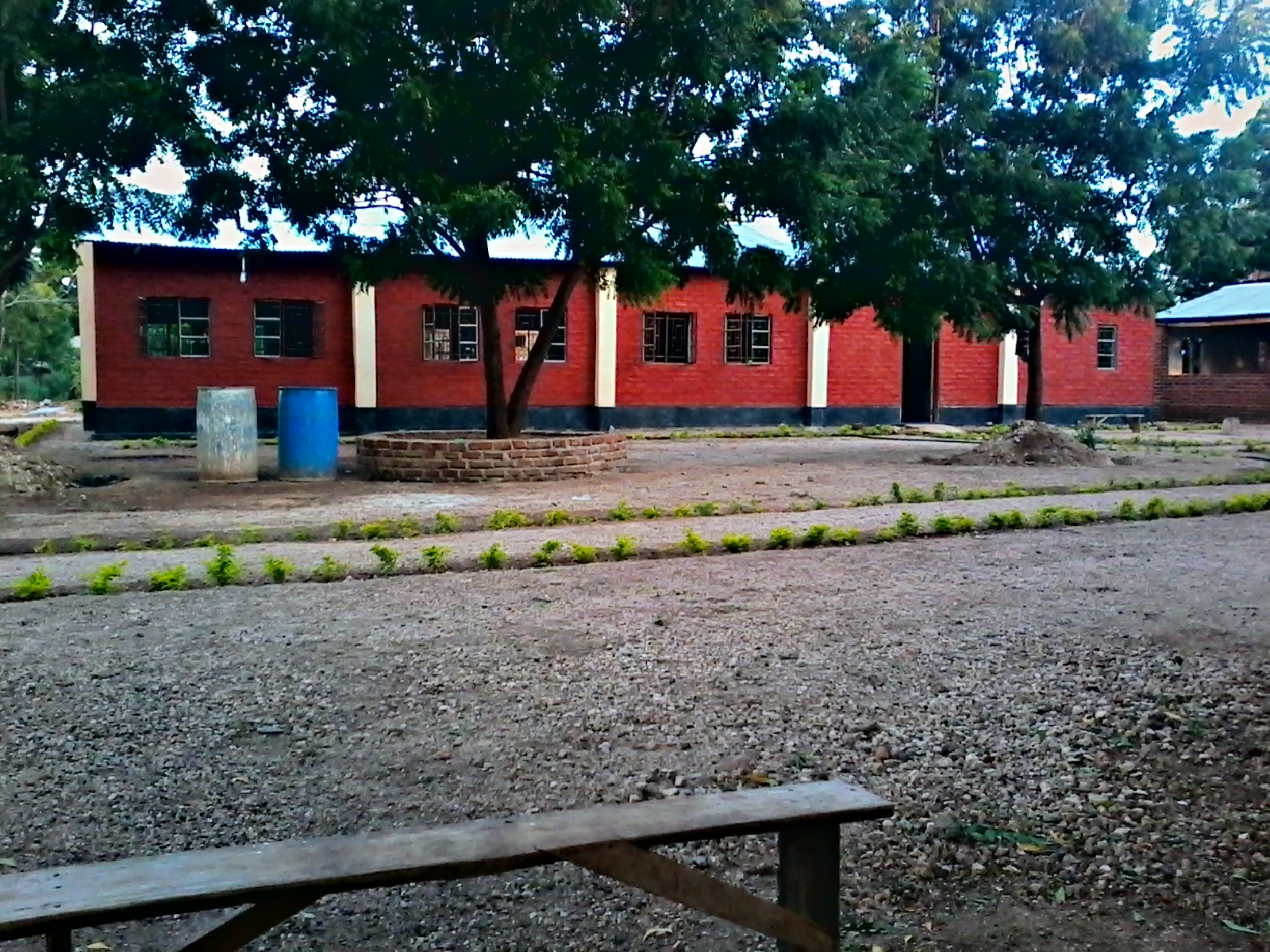
Central Bible School in Malawi was spotlighted here. The college’s library facilities are in need of improvement so a digital tools and training grant has been approved. This grant will equip each of the eight faculty members with a suitable smartphone, allowing them to install and utilise eVitabu as a valuable addition to the college’s physical library. To help the effective use of the platform, Dave or Geoff will be conducting online training for the faculty later this year.
Zambia
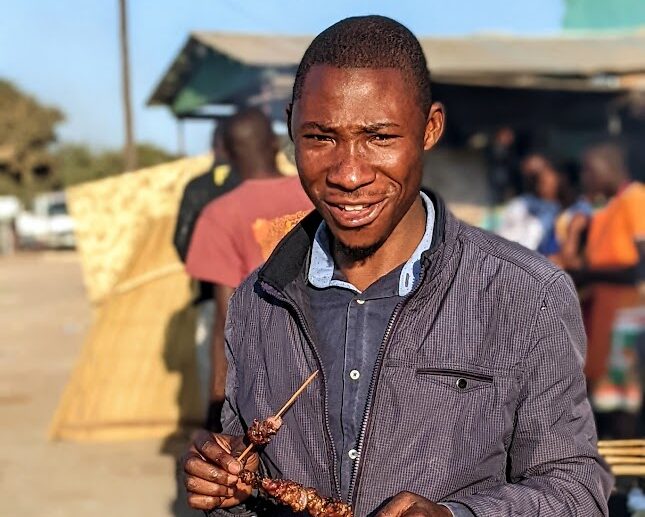
Pastor Lawson Limau is spearheading the development of an introductory course in theology and pastoral care, drawing from resources adapted from the eVitabu library. Recognising the potential impact of this initiative, APF has awarded Lawson an Africa Training Partner annual grant. This grant will enable him to deliver the pilot course to rural pastors throughout eastern Zambia during 2024.
Tanzania
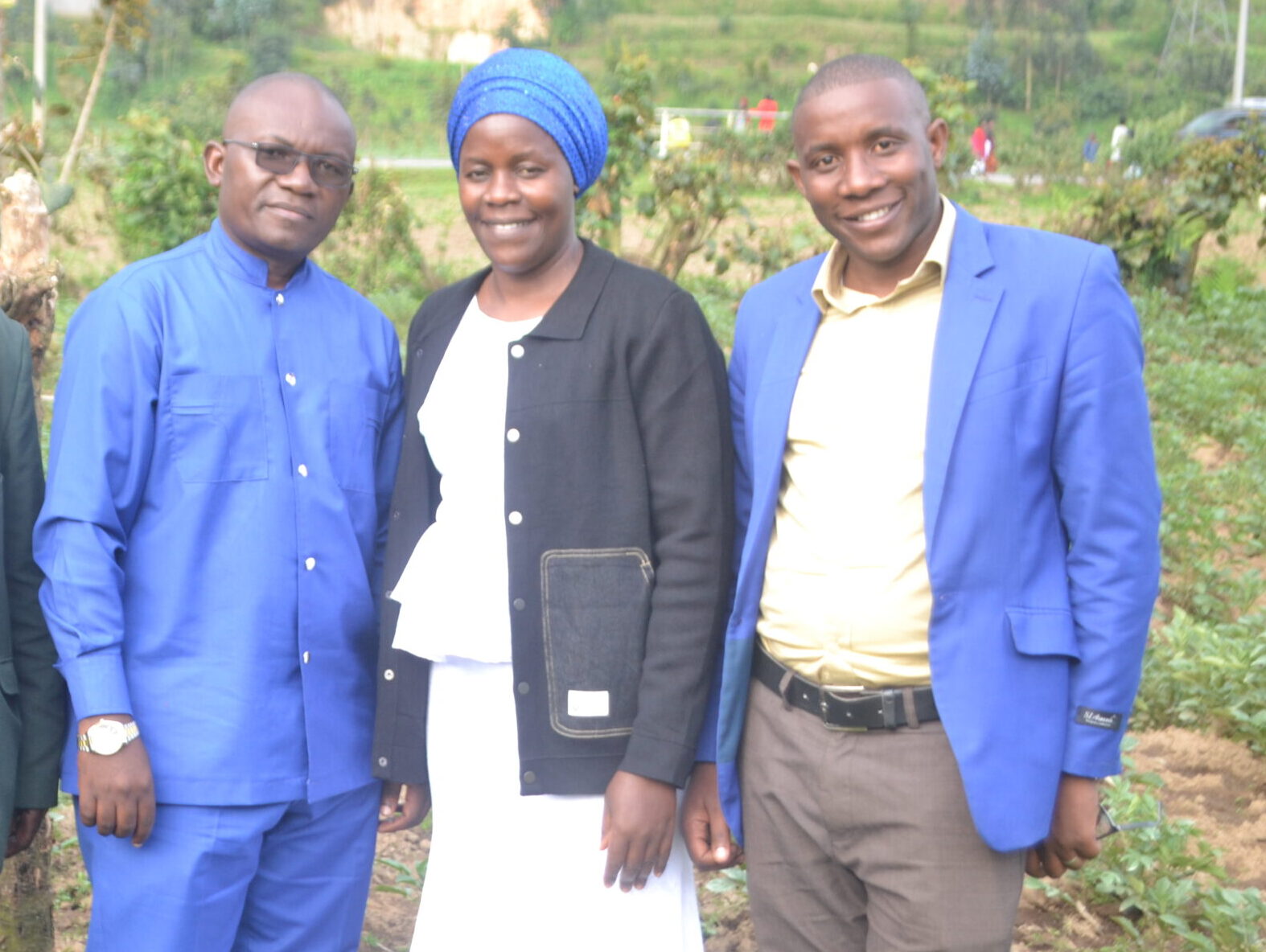
Due to the ongoing demand for their teaching ministry, Heavenlight and Kesiah Luoga (pictured above with Victor Imanaturikumwe) have been awarded an African Partner Training grant for 2024. This grant will help them to conduct training workshops throughout the year, both locally and regionally. Recognising Heavenlight’s desire to expand his reach, APF has also approved funding for video recording equipment so Heavenlight can record training videos for social media and eVitabu. This includes a high-quality camera phone, basic lighting equipment, and a tripod.
Rwanda
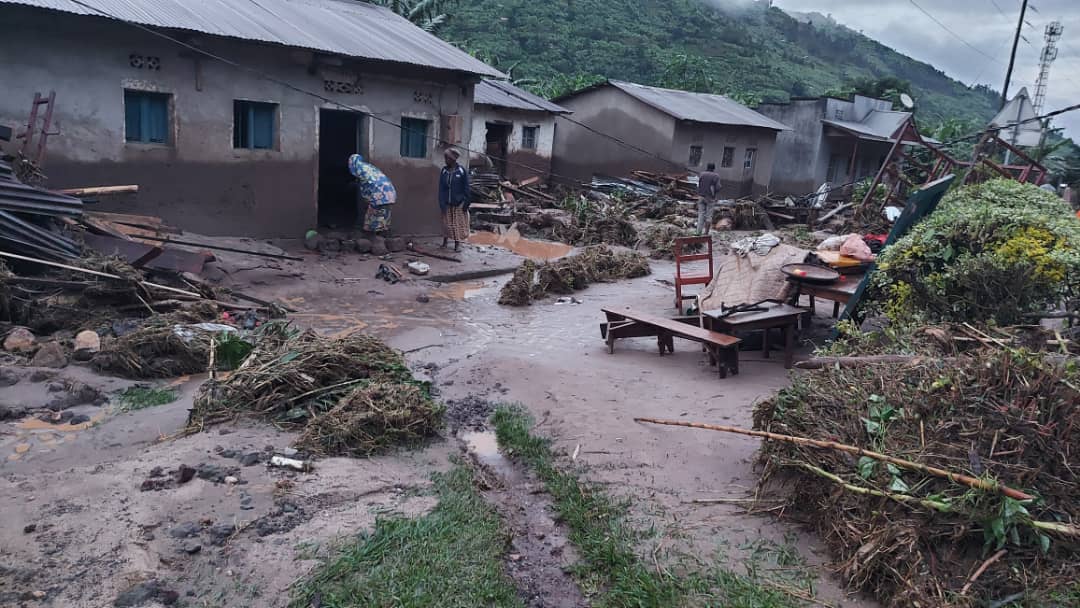
The Let There Be Light solar project continues to shine brightly in Kigeme Diocese, Rwanda. By providing reliable light to clergy families and parishes, the project offers numerous benefits: brighter living spaces, opportunities for studying after dark, enhanced security, and even income generation opportunities. We recently sent additional funding to ensure the project’s sustainability by replacing batteries for some of the beneficiaries.
Our prayers continue for Rev. Victor Imanaturikumwe, the Legal Representative of Église Évangélique de la Bonne Volonté au Rwanda and a passionate advocate for eVitabu. Victor has a plan for competency-based training that complies with Rwandan government regulations for faith-based leaders. He is seeking funding to deliver this training programme and he is also assisting APF in finding a venue for a conference in September.
We also pray for Victor’s predecessor, Pastor Japhet Matugoma, who faces an urgent need to relocate his family home due to recent flooding and landslides (pictured above).
South Sudan
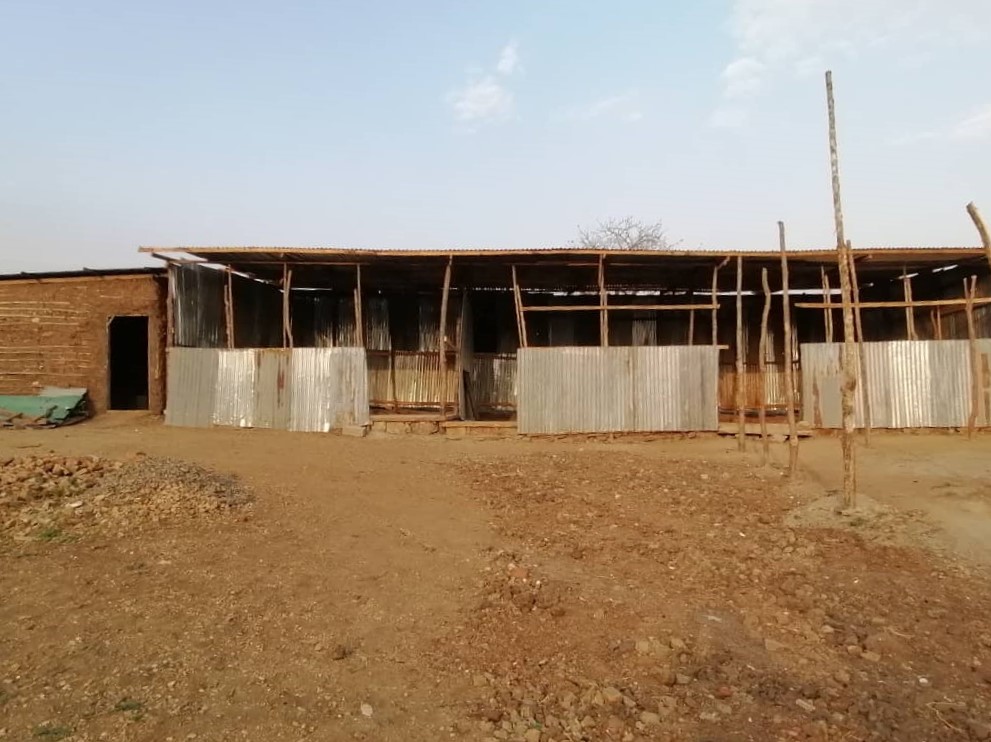
In recent weeks, APF approved a grant for the Saints Revival Committee in Aweil district to procure and distribute 600 local language Bibles. Also, Alex Sokiri of New Nation Church in Juba writes seeking support for the church school (pictured above). Founded for orphaned and underprivileged children living near the church, the school currently serves children in three classrooms. However, the classroom block front façade remains incomplete. With rainy season approaching, Alex is urgently seeking assistance to complete the front part of the school building to ensure the safety and well-being of the students.

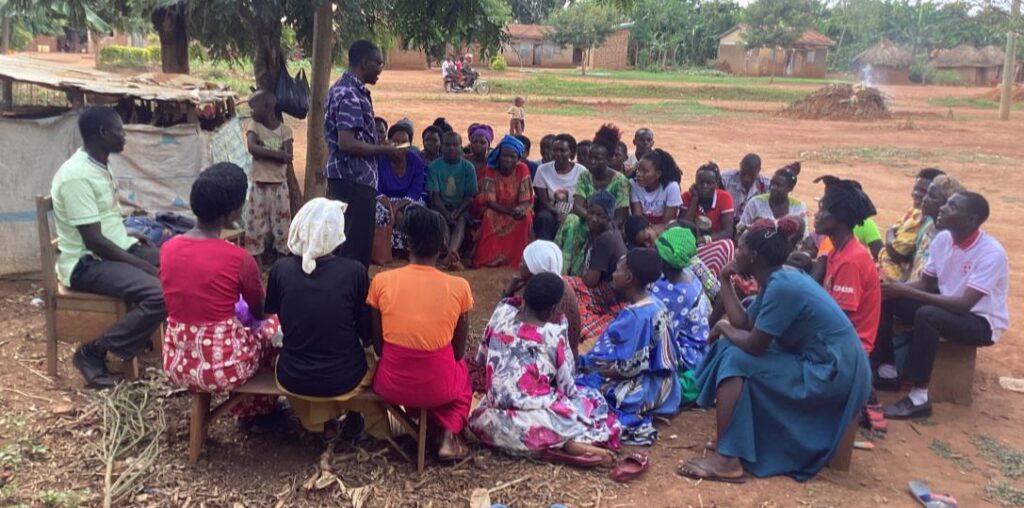


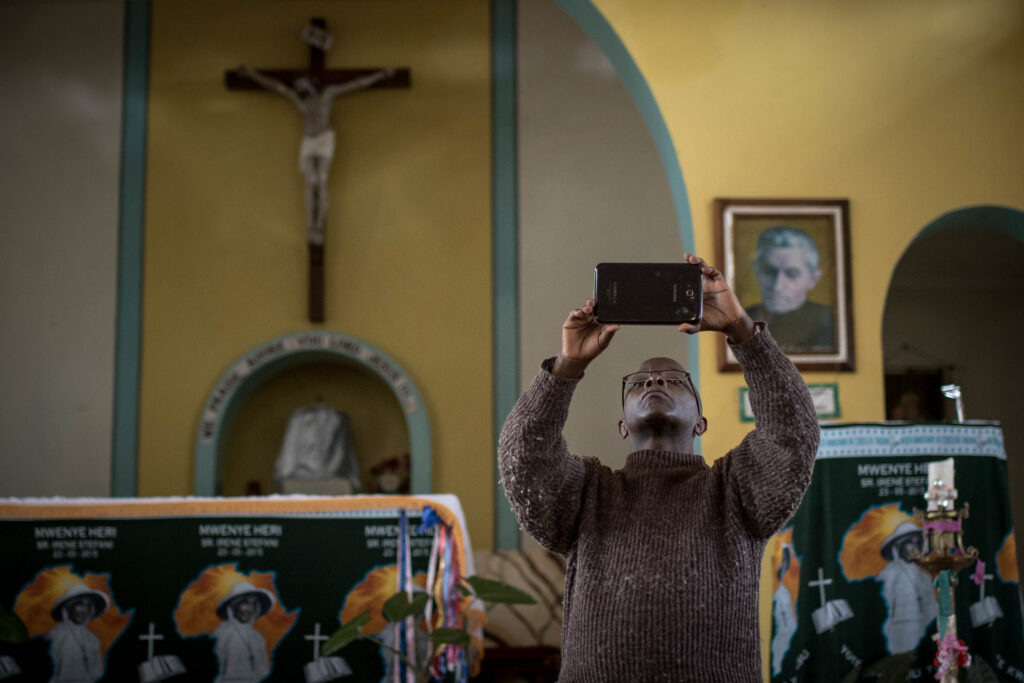
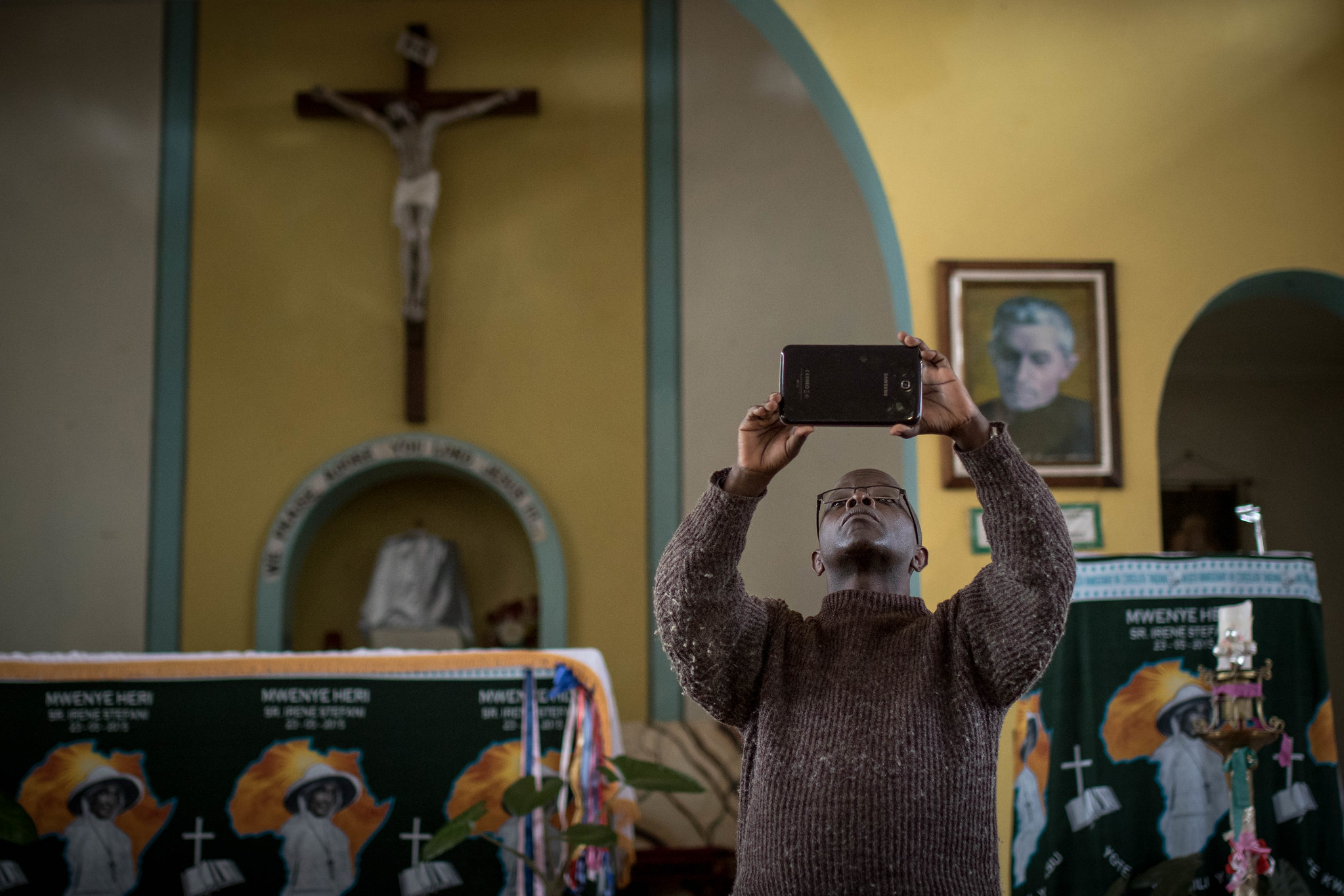
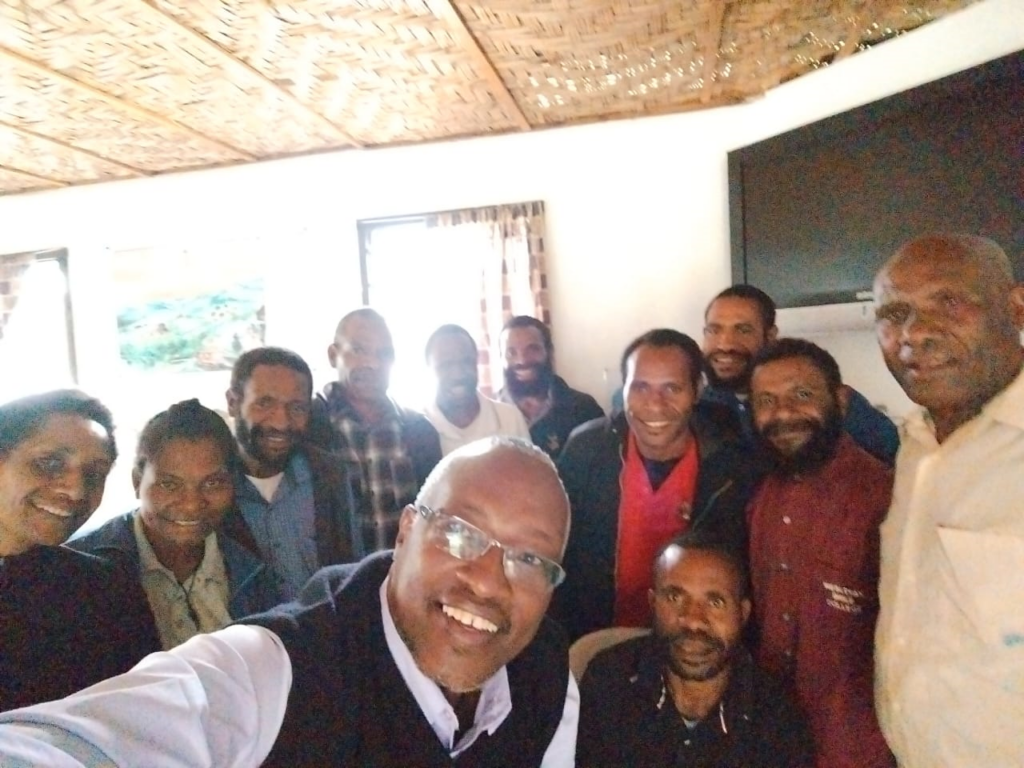

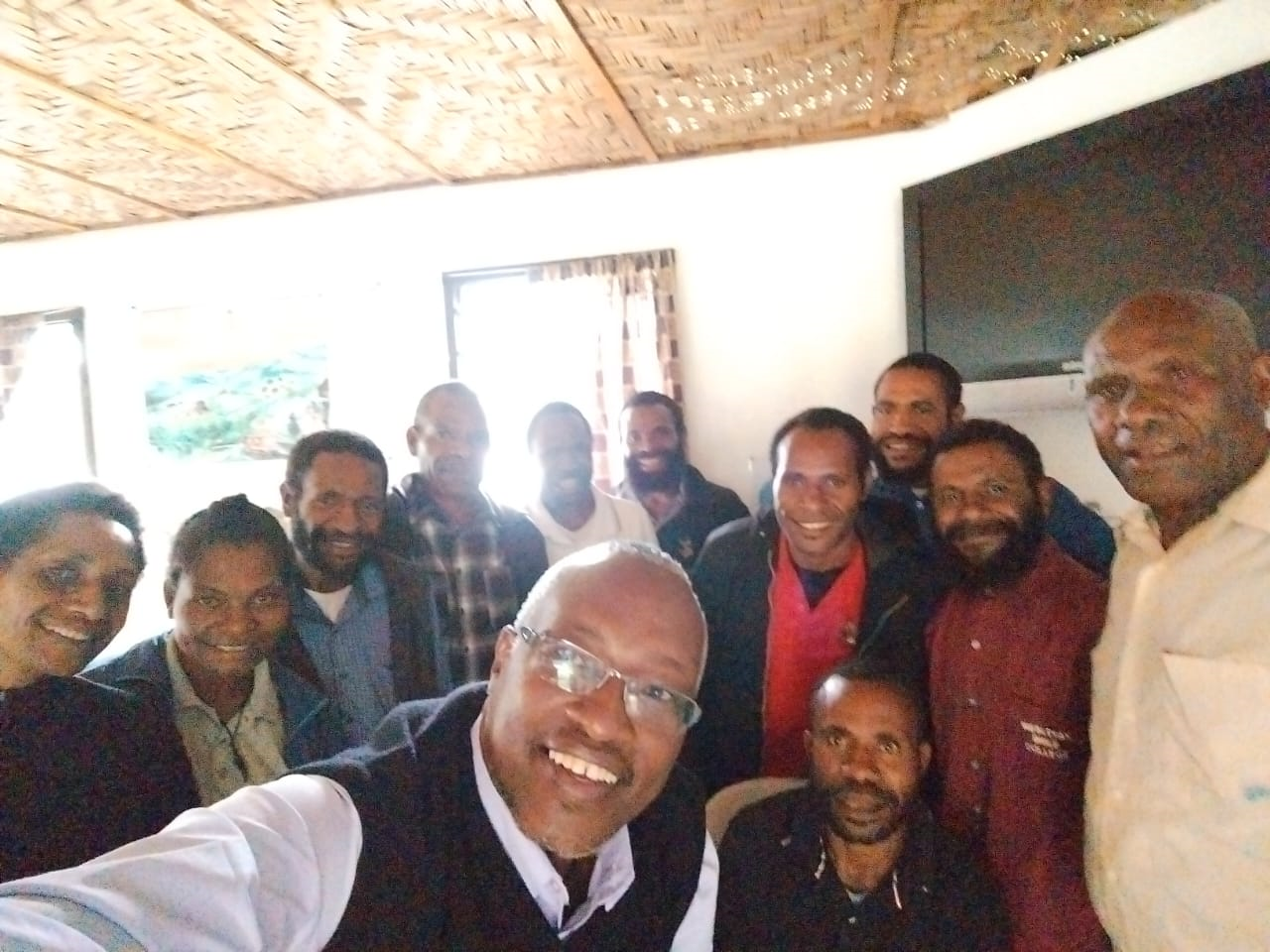
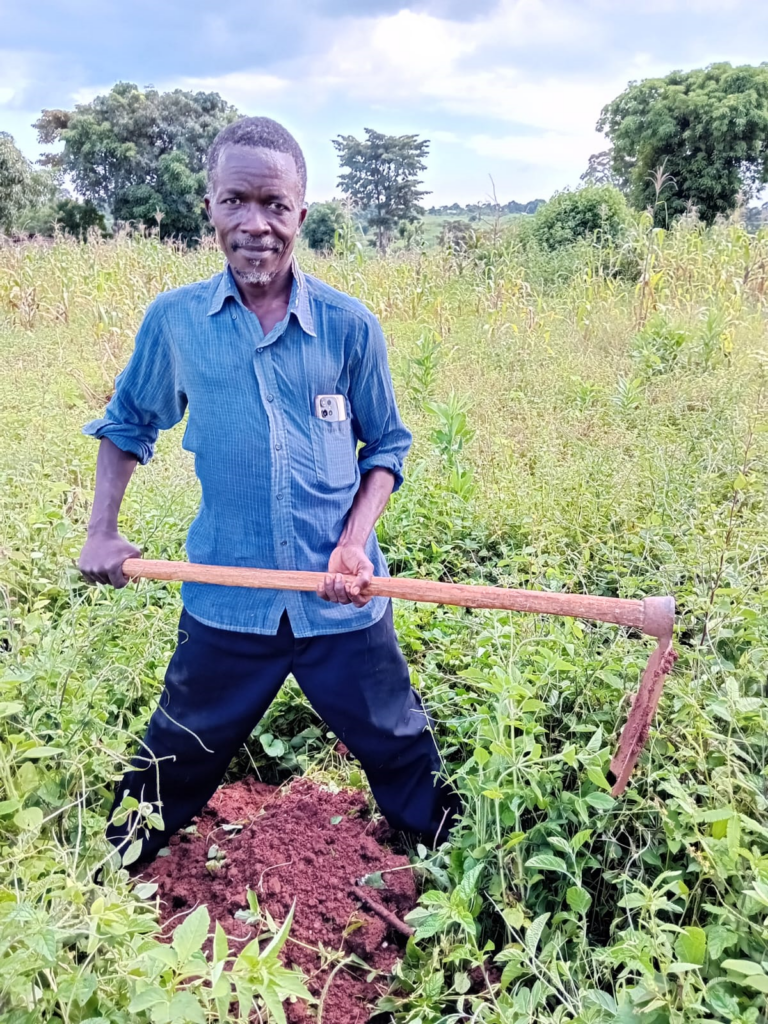
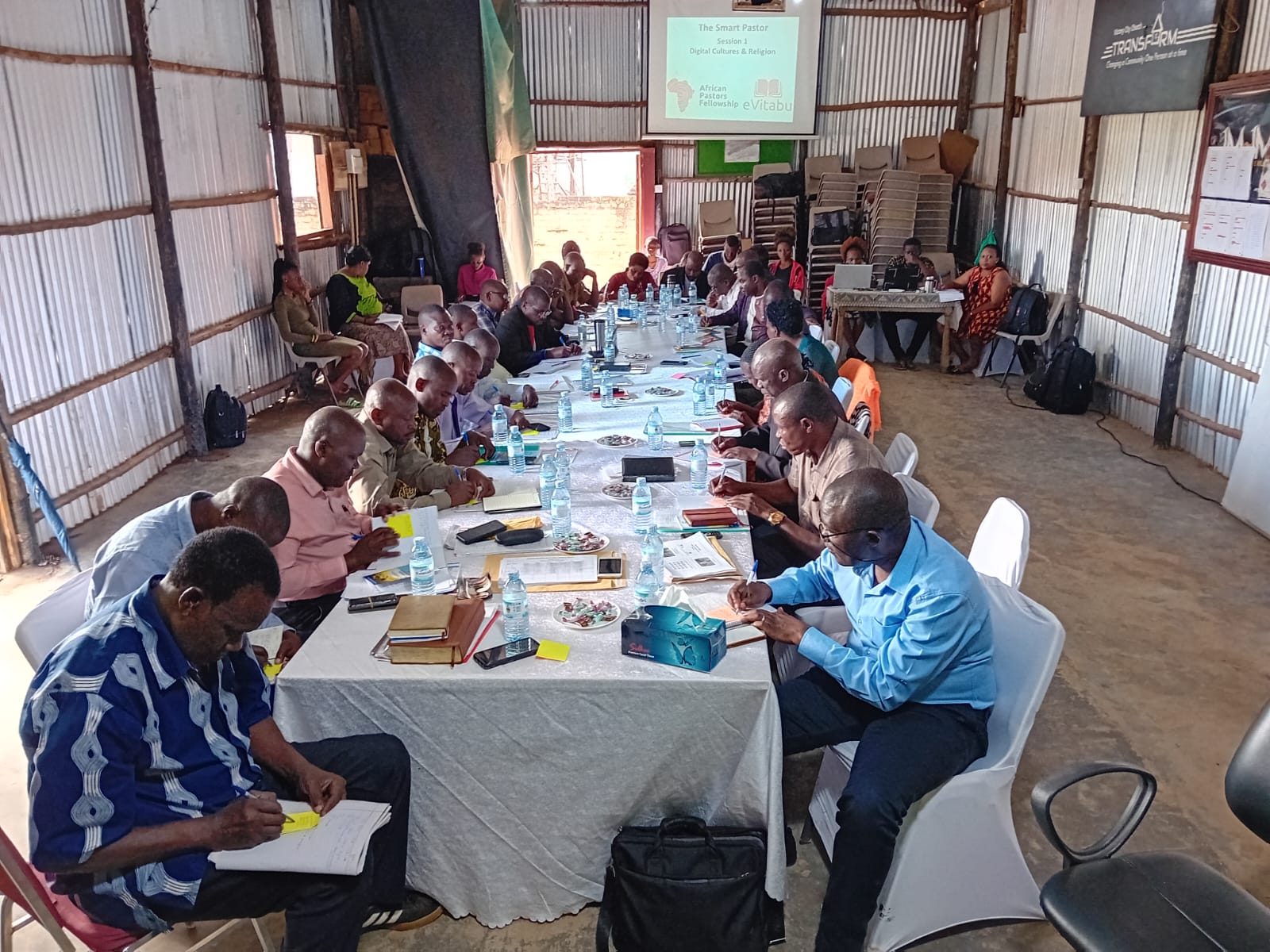
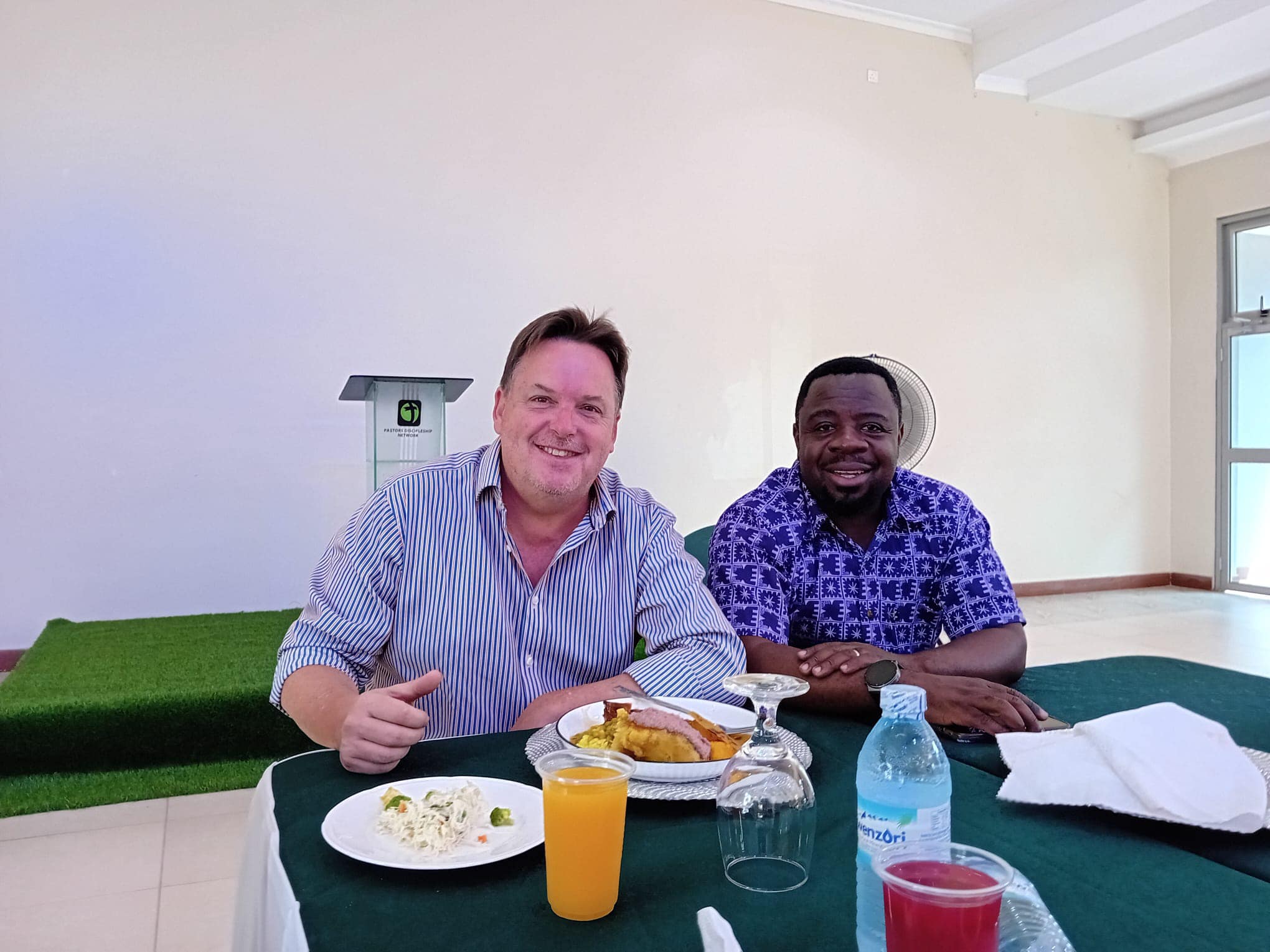
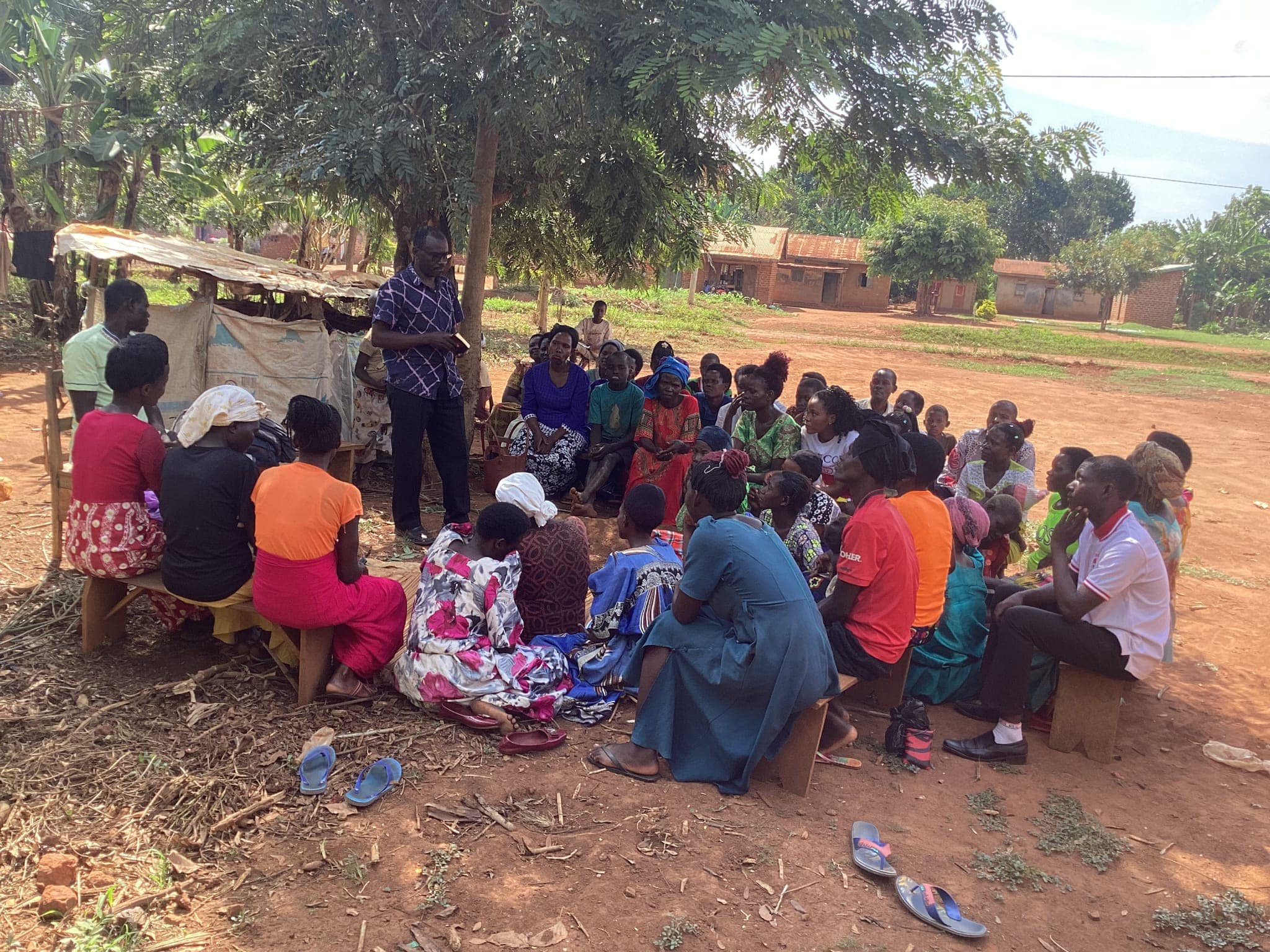
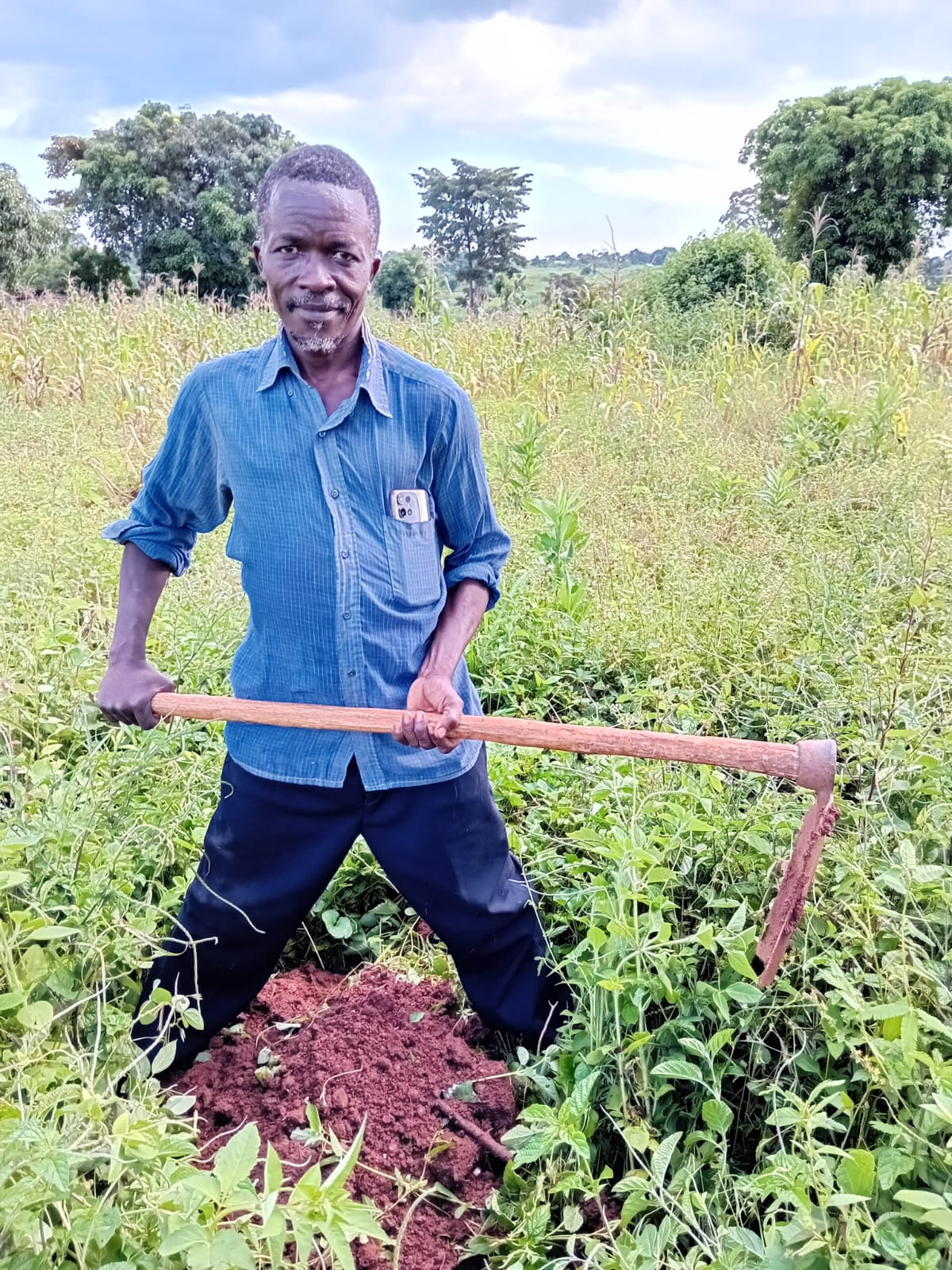
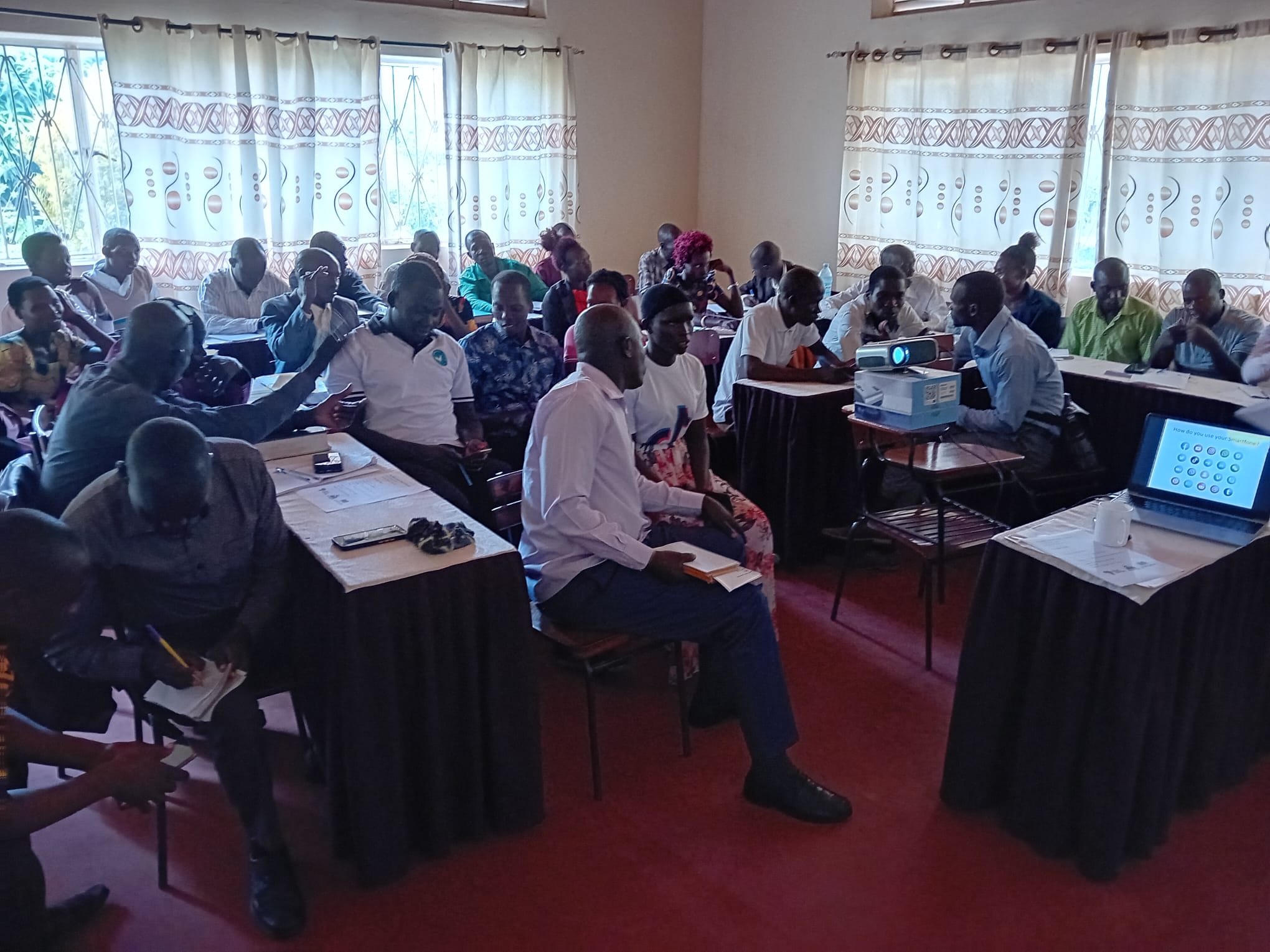
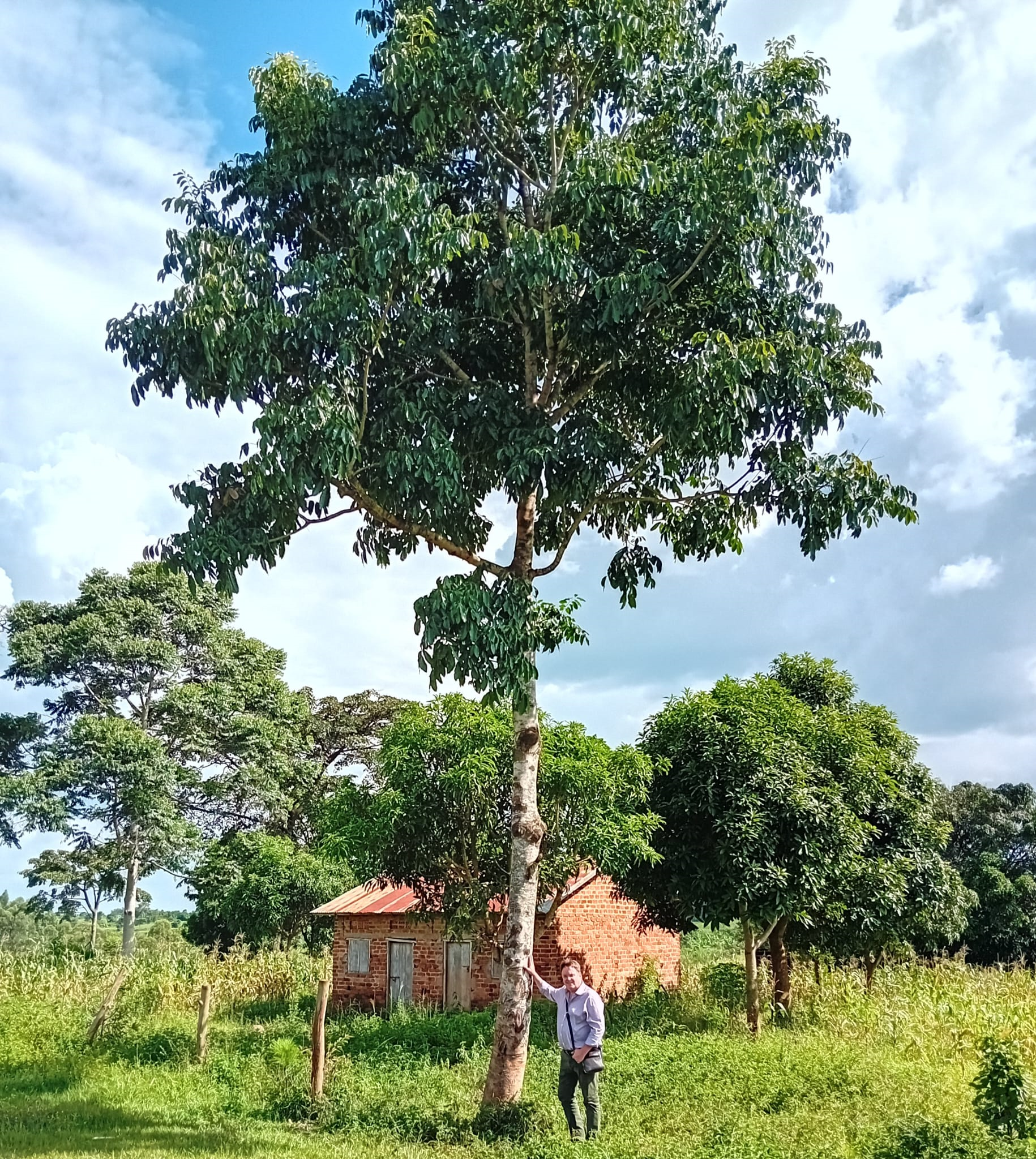
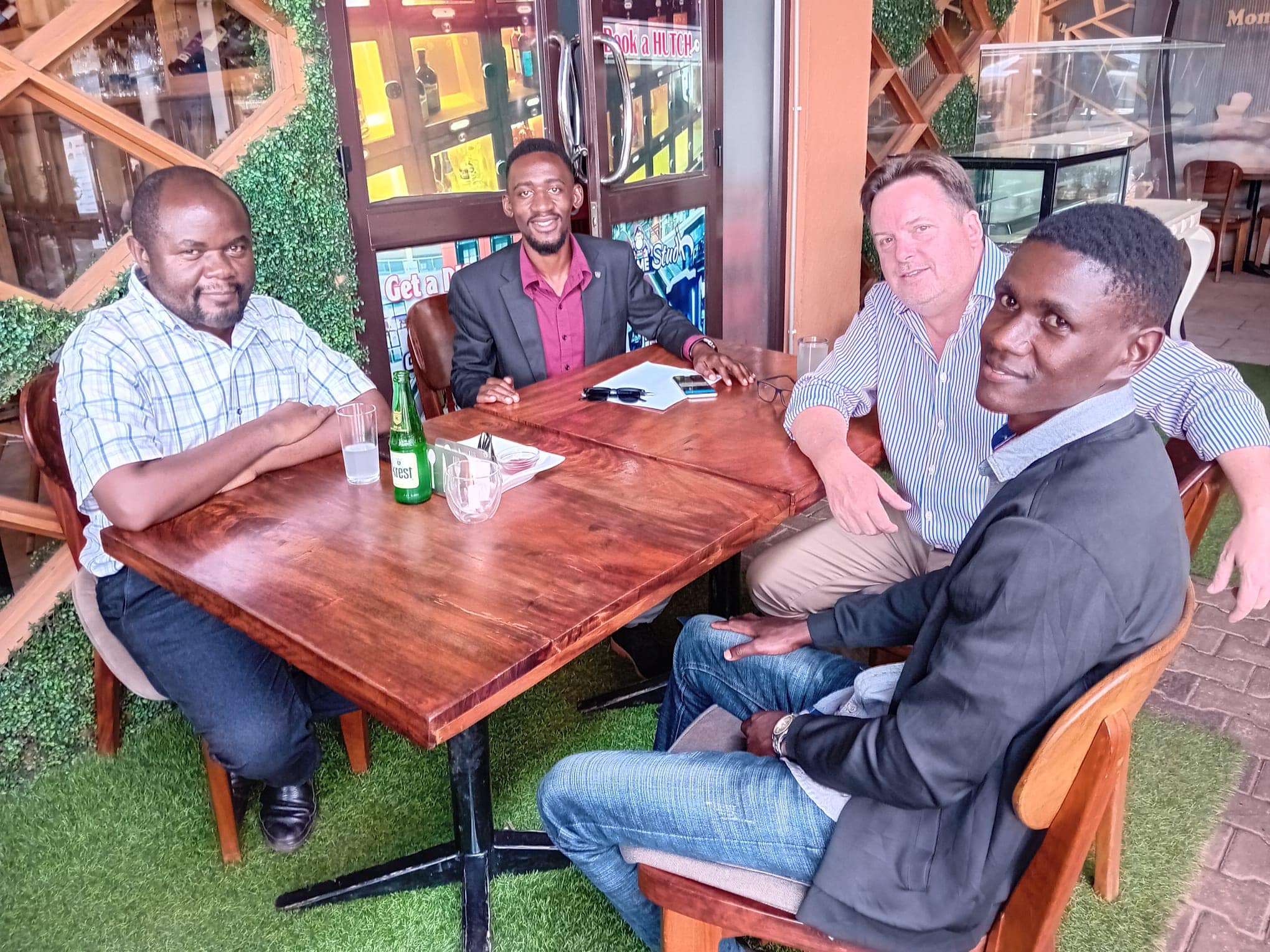
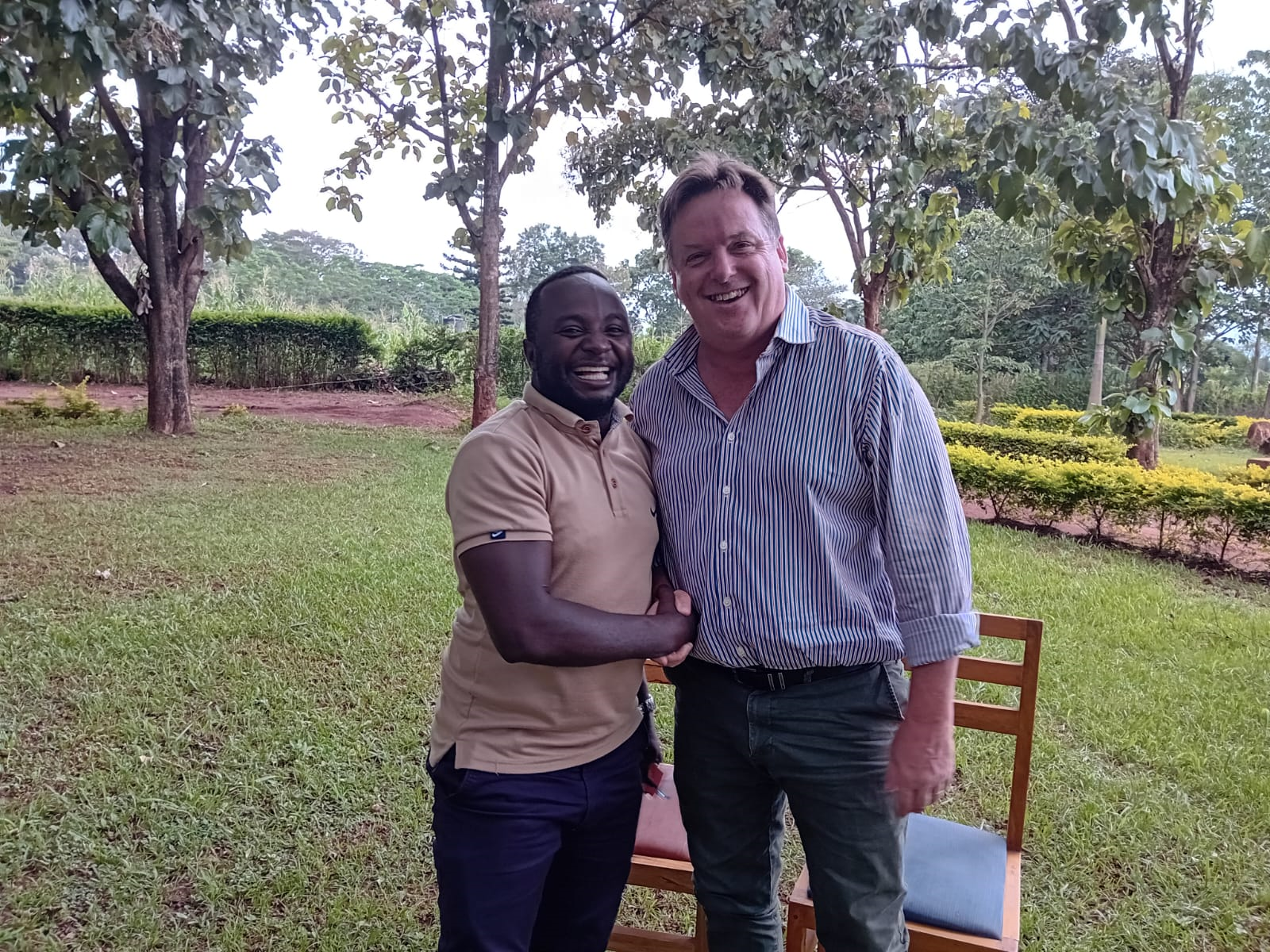

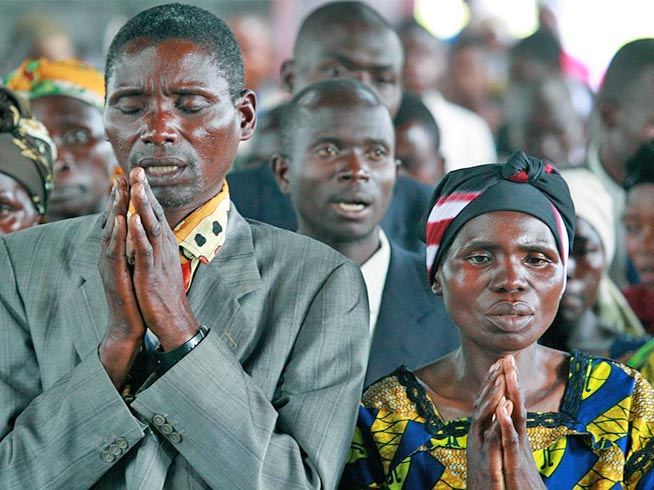
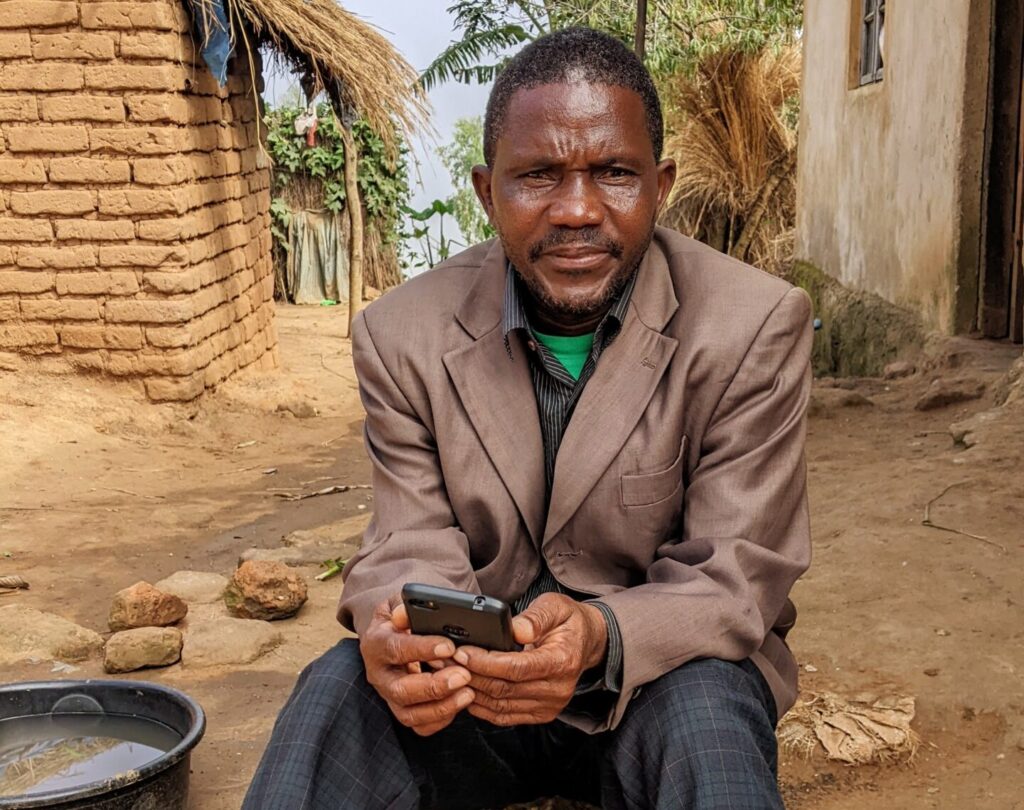
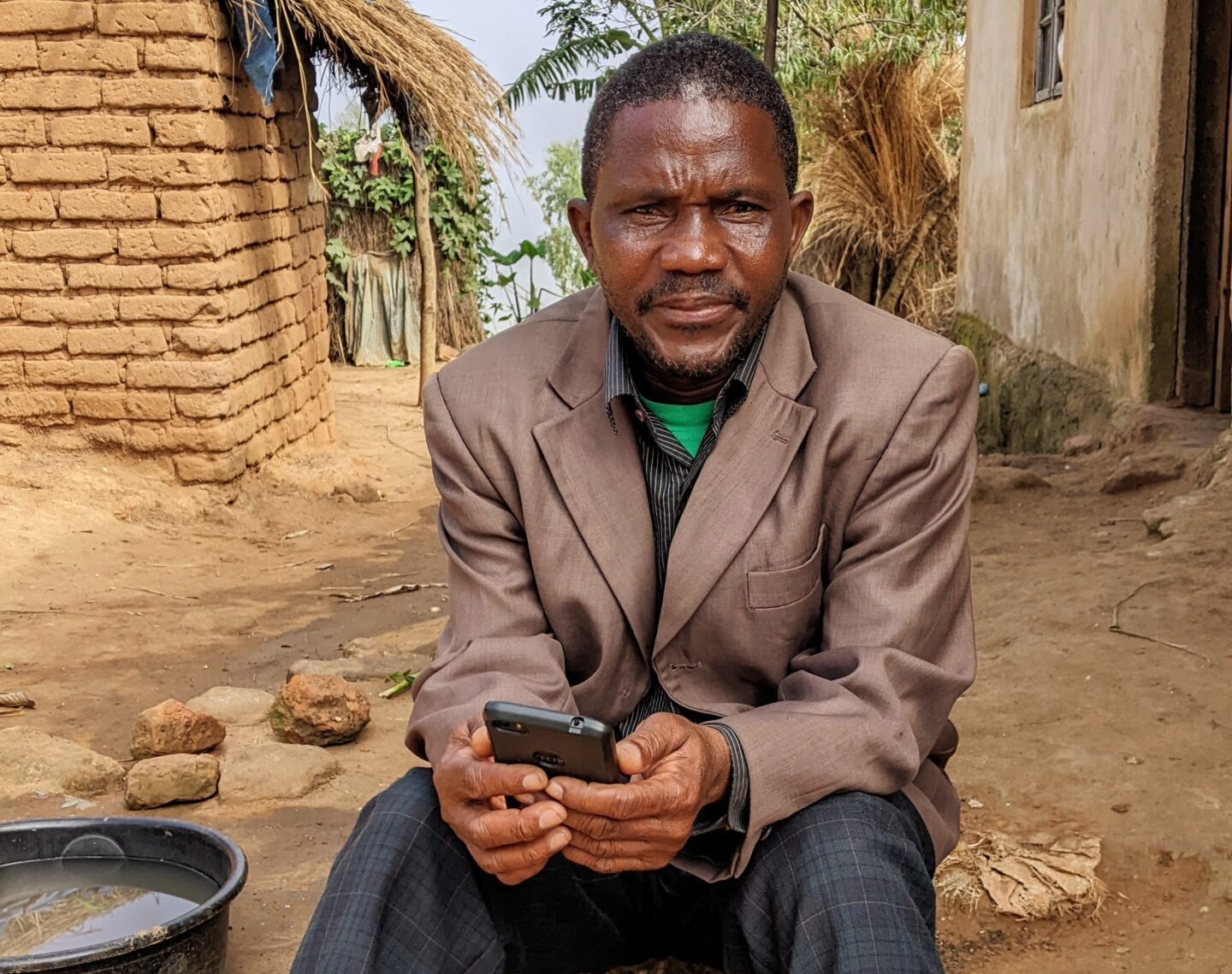

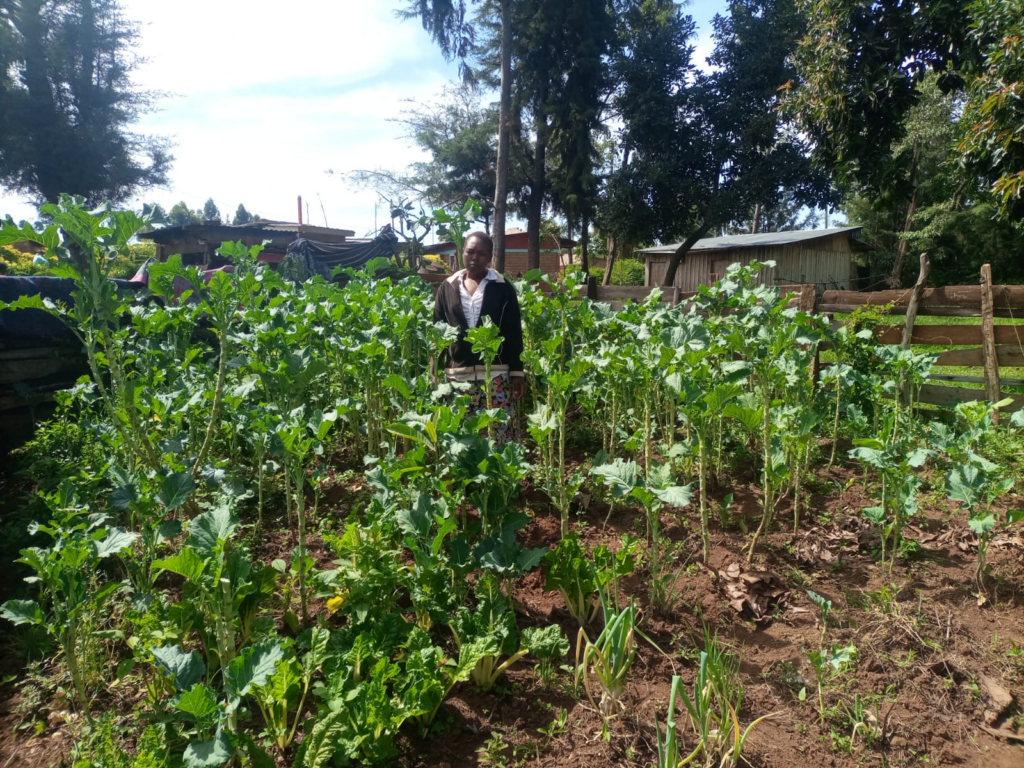
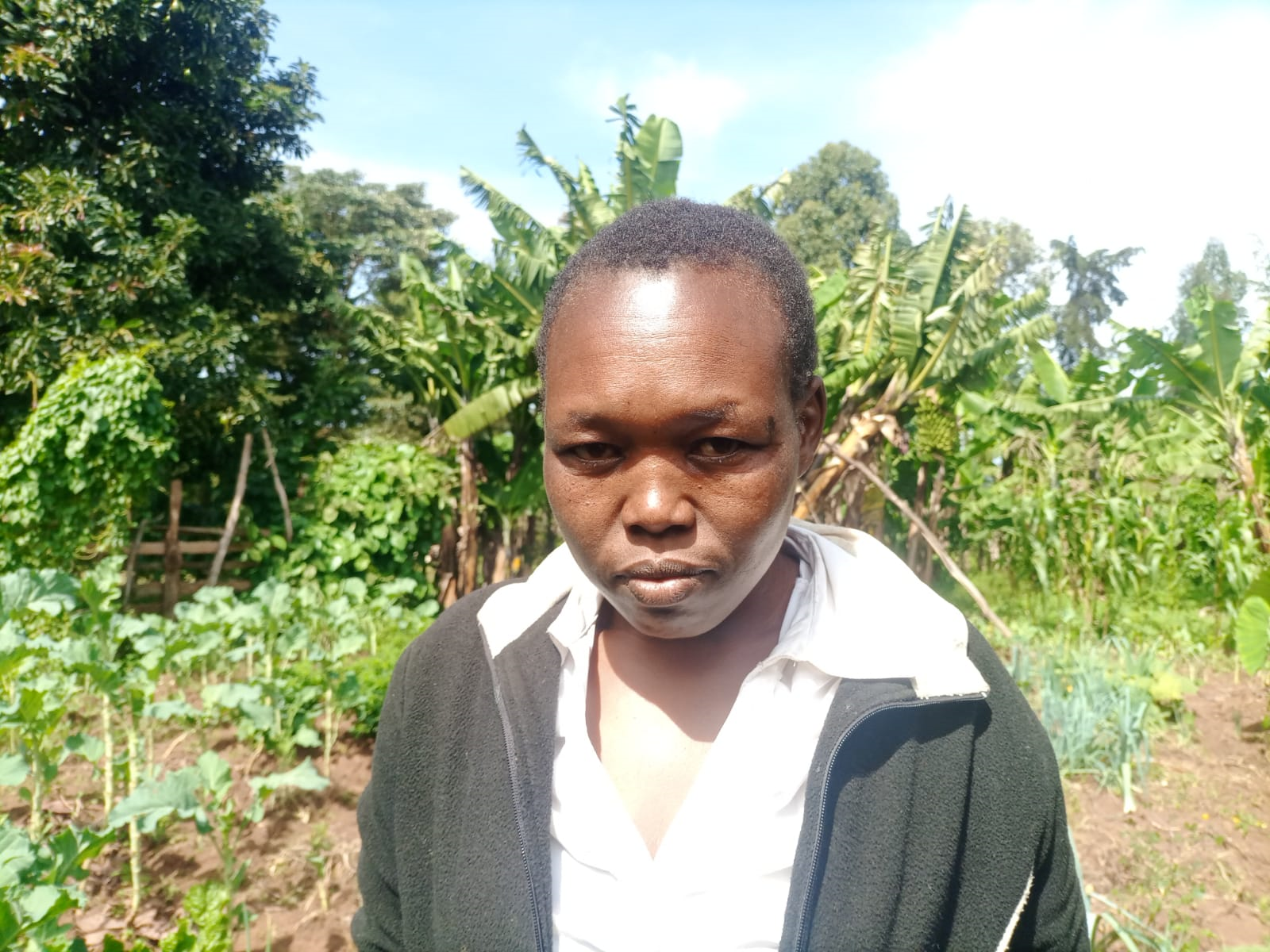
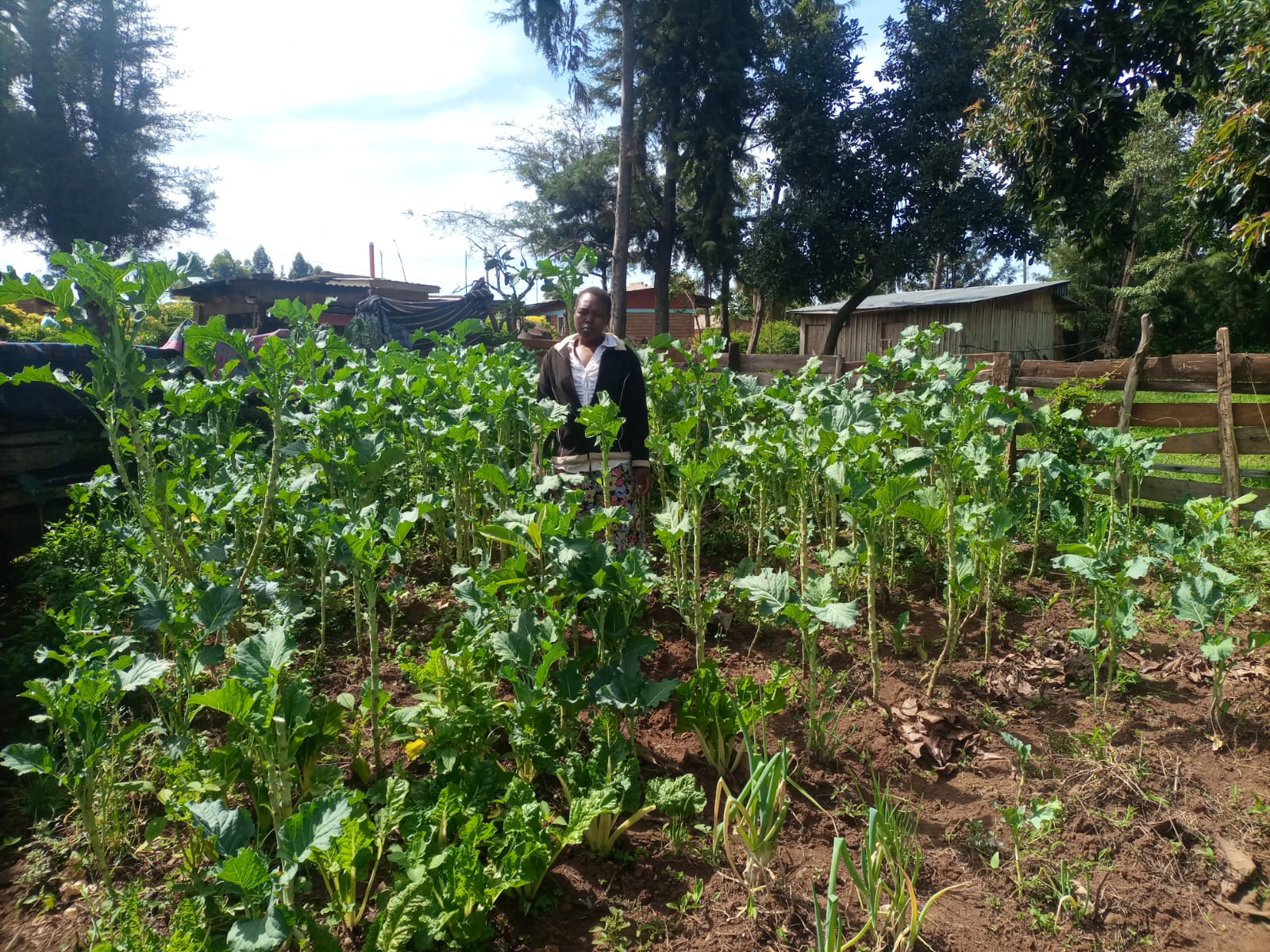
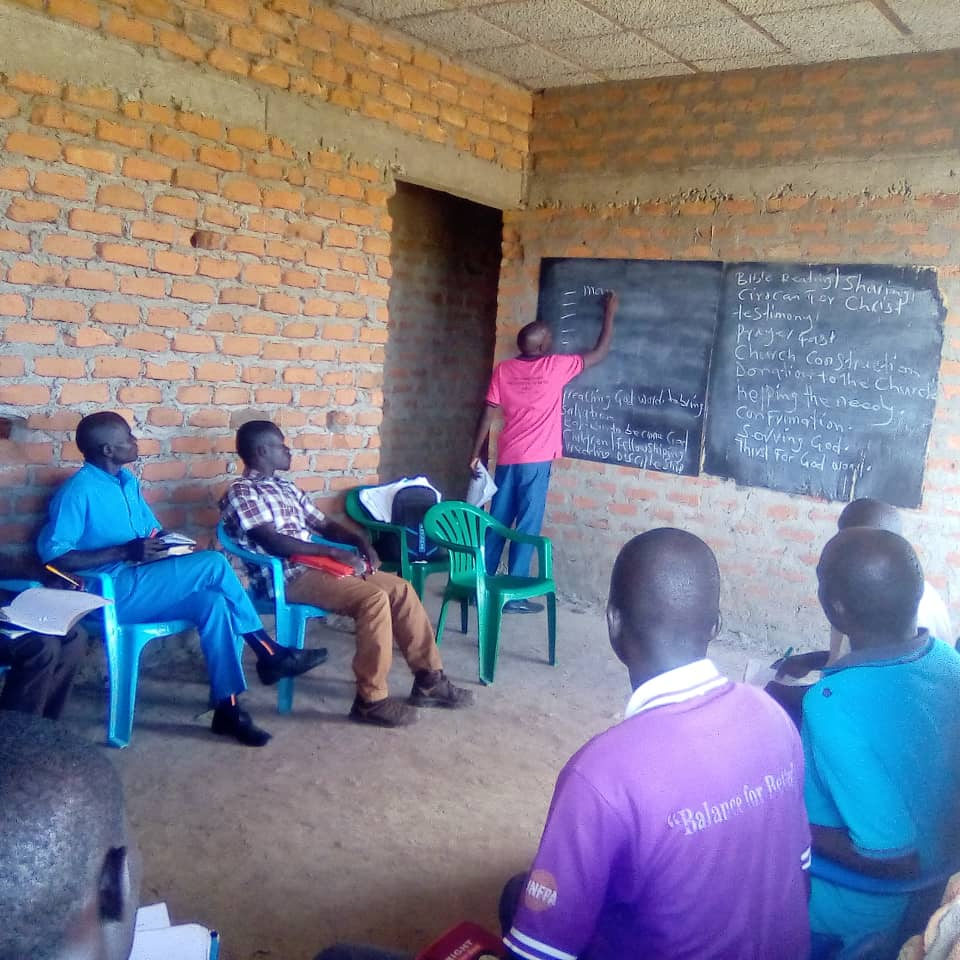
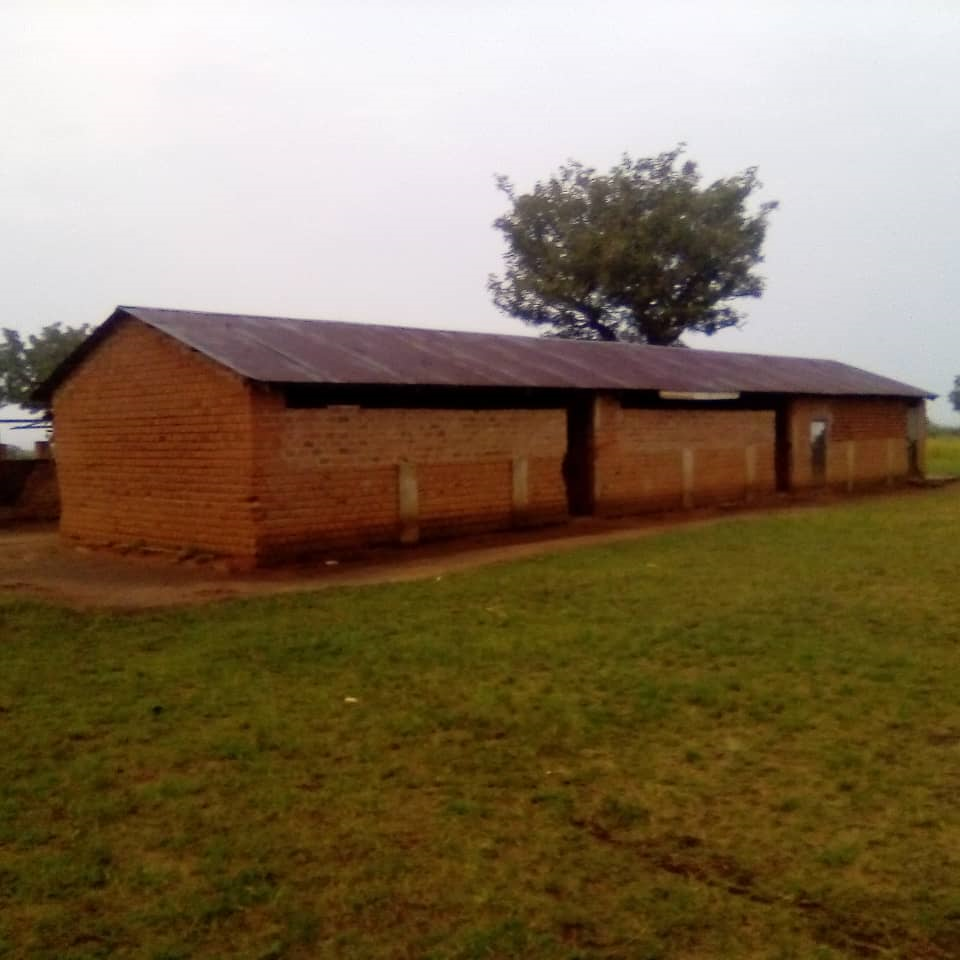
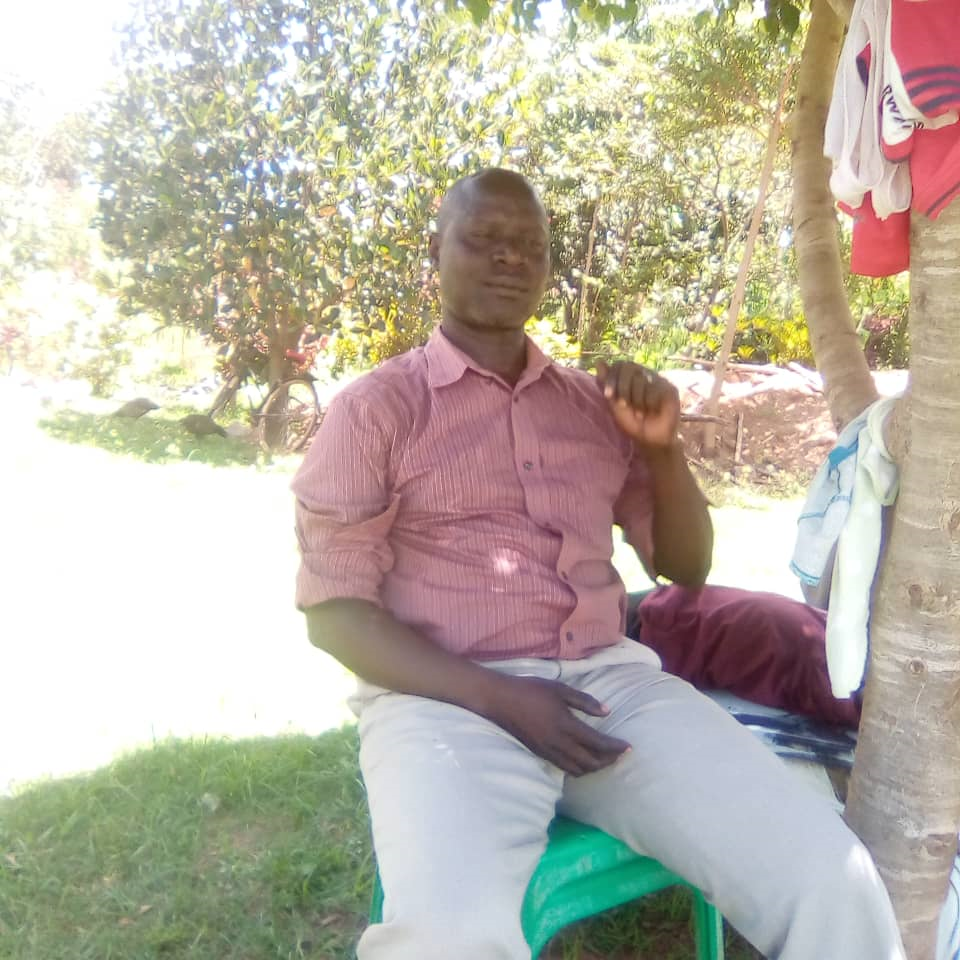
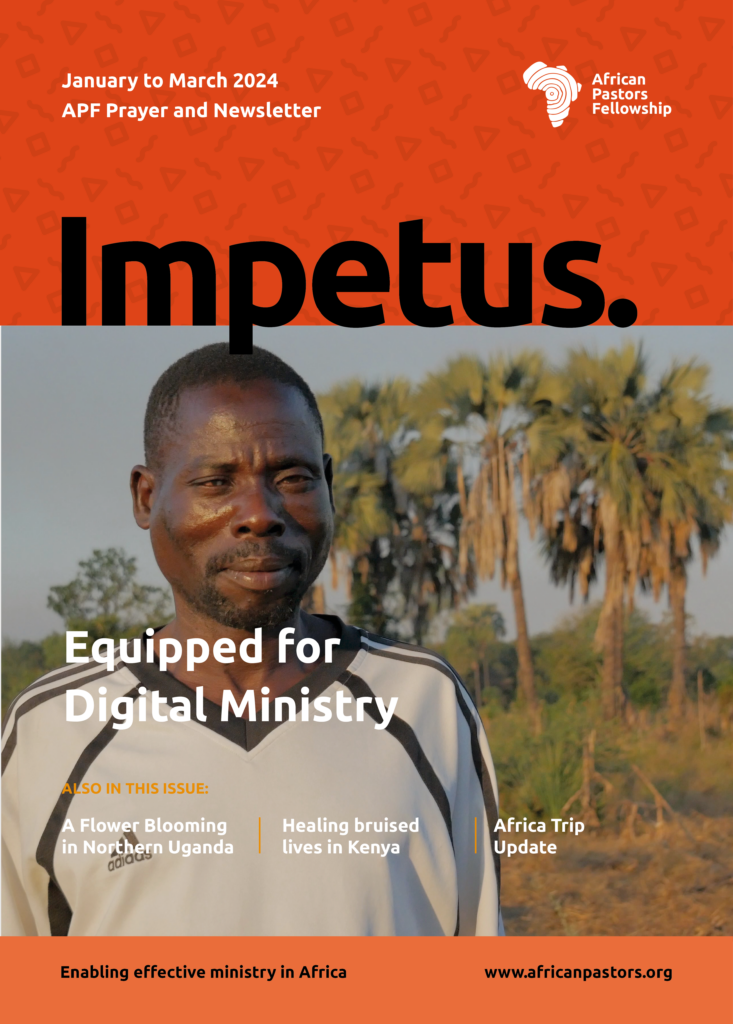
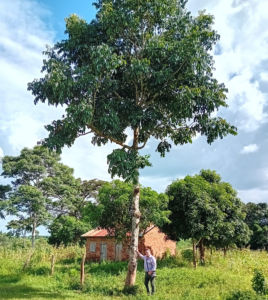 I planted the mahogany tree in this picture at Bulogo Primary School on one of my first trips to Africa as APF CEO. Its growth is remarkable! Somehow it symbolises the reach and influence of APF, especially through eVitabu and our dedicated African Training Partners in the intervening years.
I planted the mahogany tree in this picture at Bulogo Primary School on one of my first trips to Africa as APF CEO. Its growth is remarkable! Somehow it symbolises the reach and influence of APF, especially through eVitabu and our dedicated African Training Partners in the intervening years.
